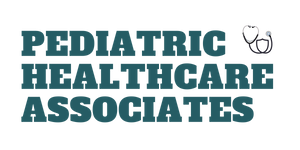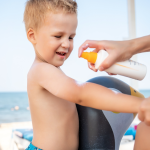Sunburn Myths and Facts—How to Keep Your Child’s Skin Safe All Year
Sunburn is often associated with summer vacations and beach trips, but the risks are present year-round. Unfortunately, myths and misconceptions about sunburn can put children at risk. In this blog, we’ll separate fact from fiction, with guidance from the PA pediatric experts at PHCA Altoona.
Myth 1: “A Little Sunburn is No Big Deal”
Fact: Even a single sunburn in childhood can increase the risk of skin cancer later in life. The skin “remembers” every burn, and damage accumulates over time. Associates in pediatrics stress that prevention is always better than cure.
Myth 2: “Kids With Dark Skin Don’t Get Sunburned”
Fact: While melanin offers some natural protection, children of all skin tones can suffer sunburn and long-term skin damage. Pediatrics health associates recommend sun protection for every child, regardless of complexion.
Myth 3: “Sunburn Only Happens on Hot, Sunny Days”
Fact: Up to 80% of UV rays can penetrate clouds, and children can get sunburned even on cool or overcast days. Snow, sand, and water can reflect UV rays, increasing exposure. For year-round sun safety, consult your pediatric physician for personalized recommendations.
Myth 4: “Sunscreen Is All You Need”
Fact: Sunscreen is vital, but it’s only one part of a comprehensive sun protection plan. Protective clothing, hats, sunglasses, and seeking shade are equally important. The medical pediatric team at PHCA Altoona can help you develop a complete strategy for your family.
Recognizing and Treating Sunburn
Despite best efforts, sunburns can still occur. Here’s what to do:
- Move Indoors: Get your child out of the sun immediately.
- Cool the Skin: Use cool (not cold) compresses or a gentle bath.
- Moisturize: Apply a fragrance-free lotion or aloe vera gel.
- Pain Relief: Use acetaminophen or ibuprofen as directed by your medical pediatrics provider.
- Hydrate: Encourage your child to drink plenty of water.
When to Seek Medical Help
Some sunburns require professional attention. Book a pediatric appointment or same day sick appointment if your child:
- Has blisters covering a large area
- Develops a fever, chills, or feels very ill
- Experiences severe pain or swelling
- Shows signs of dehydration (dry mouth, no tears, lethargy)
- Has sunburn on the face, hands, feet, or genitals
The acute care pediatrics team at PHCA Altoona is ready to help with urgent concerns.
Preventing Sunburn: Year-Round Tips
- Apply Sunscreen Daily: Even in winter or on cloudy days.
- Dress for Protection: Long sleeves, pants, hats, and sunglasses.
- Plan Outdoor Activities: Avoid peak sun hours when possible.
- Special Considerations for Infants: For babies under six months, consult healthcare for infants specialists for safe sun exposure guidelines.
Additional Pediatric Services
PHCA Altoona offers a full range of services, including pediatric ear piercing, performed in a safe, sterile environment. Their healthcare pediatric and medical pediatric teams are committed to your child’s health and safety.
Why Choose PHCA Altoona?
With a dedicated staff of associates in pediatrics and pediatrics health associates, PHCA Altoona provides comprehensive care for children of all ages. Whether you need routine checkups, urgent care, or advice on sun safety, their pediatric physicians are here to help.
Don’t let sunburn spoil your child’s fun or future health. Schedule an appointment with PHCA Altoona today for expert pediatric care and sun safety tips tailored to your family’s needs.







